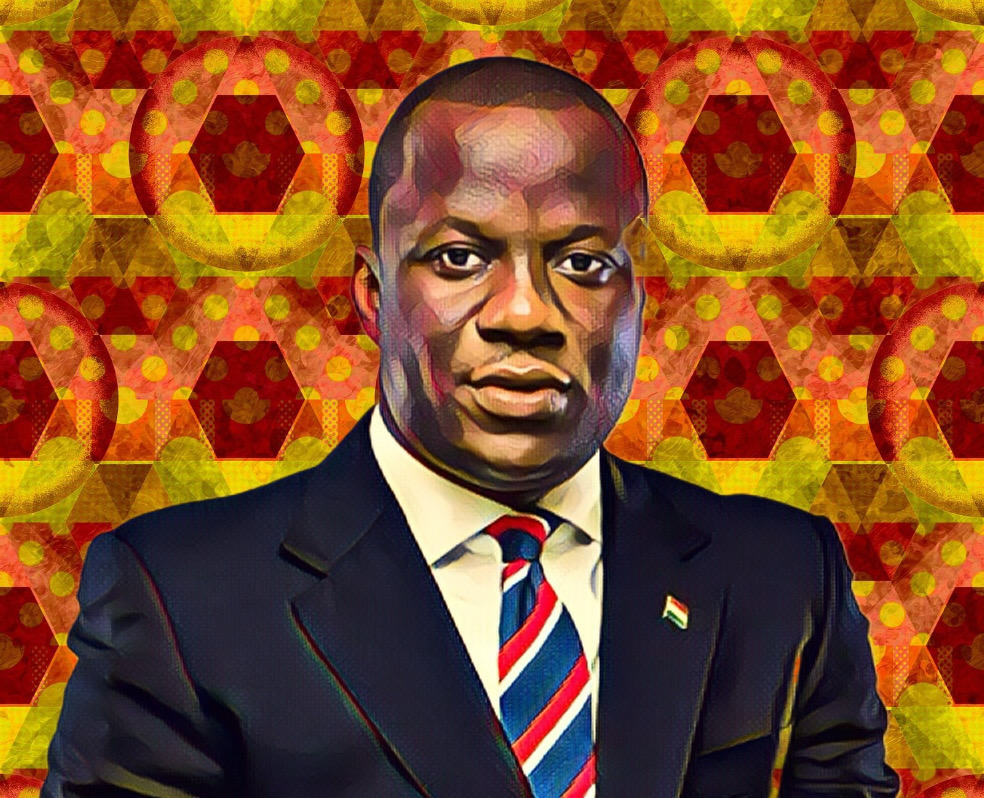Ghana’s Minister of Lands and Natural Resources, John Abu Jinapor, has firmly denied allegations that public lands have been improperly acquired or misused under his tenure. Speaking at a press conference in Accra, Jinapor refuted claims of state capture of public lands, emphasizing that the sale of such lands, while not illegal, must adhere to strict ethical guidelines, especially for public officials.
Refuting Claims of Public Land Misuse
During the press conference, Abu Jinapor addressed the growing concerns and accusations regarding the acquisition and sale of public lands. He acknowledged that while the sale of public lands is legally permissible and can be beneficial for development, it is essential that these transactions are conducted transparently and ethically. The minister made it clear that public officials should avoid any involvement in the purchase of public lands to prevent conflicts of interest.
Jinapor was resolute in his stance, stating, “For me, as a general rule, I do not think that public or government appointees should go anywhere near public lands. If you want land to buy, you go to a private space.” Furthermore, his remarks underscored the need for public officials to maintain a clear separation between their roles as government representatives and their personal interests.
A Call for Transparency and Accountability
Challenging his critics, Jinapor urged anyone with evidence of misconduct involving the acquisition of public lands by government officials to come forward. He assured the public that any such claims would be thoroughly investigated, and appropriate actions would be taken against those found guilty of violating the public service code of conduct.
“The rule of the game is evidence,” Jinapor stated. “If anyone has any evidence that a public appointee has bought public lands and has done so in a manner that offends the code of ethics of public officers, the person has put him/herself in the position of conflict of interest. Why not? We will take a look at it.”
This statement was a clear invitation to those who have voiced concerns to back their claims with tangible proof, reinforcing the minister’s commitment to transparency and accountability in the management of public resources.
Ensuring Ethical Management of Public Lands
Abu Jinapor’s remarks come at a time when there is heightened scrutiny over the management of public lands in Ghana. However, the minister’s firm stance against the misuse of public lands by officials is seen as a move to strengthen public trust and ensure that the resources of the state are managed in a manner that benefits the broader population.
By emphasizing the need for evidence-based accusations and committing to investigate any credible claims, Jinapor aims to reassure the public that the government is serious about upholding ethical standards in the administration of public lands. Moreover, his call for transparency reflects a broader commitment to good governance and the responsible management of Ghana’s natural resources.
As the conversation around public land management continues, the minister’s challenge to critics marks a pivotal moment in ensuring that public lands are used for the greater good, without personal gains influencing the process.
Source: Graphic Online




